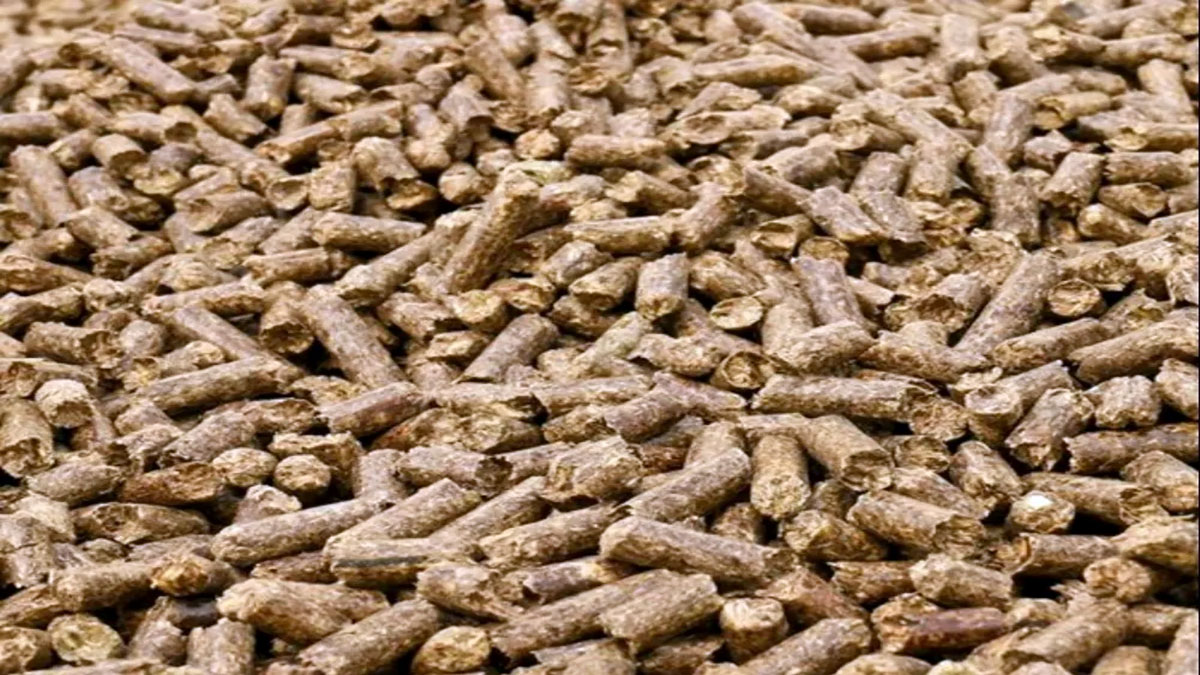In a bid to meet the escalating energy demands amid the ongoing global energy crisis, the Ministry of Coal has successfully auctioned 90 coal blocks since 2018. However, the Ministry has displayed a commendable commitment to environmental protection by implementing stringent safeguards and greening initiatives.
The auction of coal blocks has followed strict criteria to ensure the conservation of vital forest areas and wildlife sanctuaries. One of the primary considerations is that the allocated coal blocks should not be located within National Parks, Wildlife Sanctuaries, Ecologically Sensitive Zones (ESZ), or Wildlife Corridors. Additionally, mines undergoing exploration activities or overlapping with active Coal Bed Methane (CBM) blocks are excluded from the auction. Furthermore, any blocks or mines embroiled in litigation are also omitted from the auction process.
The Ministry has actively involved the Ministry of Environment, Forest, and Climate Change (MoEF&CC) in the identification process of coal blocks located near ecologically sensitive areas. The Decision Support System (DSS) of MoEF&CC plays a pivotal role in analysing the environmental impact, thereby ensuring that ecological concerns are duly considered.
Two prominent examples of environmentally conscious decision-making are the Tara block in Chhattisgarh’s Hasdeo Arand forests and the Mahan coal block in Madhya Pradesh. The Mahan coal block, identified for auction, is designated for underground mining to safeguard the ecologically sensitive region. On the other hand, the auction of the Tara block is based on the recommendations from the Bio-Diversity study conducted by the Indian Council of Forestry Research and Education (ICFRE), Dehradun.
Before granting clearance to coal mining projects, the MoEF&CC evaluates several factors, including Environmental Impact Assessment, Forest and Wildlife impact, Socio-Economic impact, Air and Water Quality, compliance with environmental regulations, public consultation, and monitoring mechanisms. The specific considerations may vary depending on the project’s scale, location, and potential impacts.
Recognizing the importance of balancing energy production with environmental preservation, the Ministry of Coal has undertaken several greening initiatives in the coal sector. The ambitious goal of bringing over 2400 hectares of land in and around coalfields under green cover, with the plantation of more than 50 lakh saplings for the year 2022-23, demonstrates the Ministry’s commitment to creating a sustainable future. This aligns with India’s Nationally Determined Contribution (NDC) commitment to establish an additional carbon sink of 2.5 to 3 billion tonnes of CO2 equivalent through increased forest and tree cover by 2030.
Compensatory Afforestation has been a proven method of restoring lands damaged by human activities, essential for the satisfactory rehabilitation of mined landscapes. It not only reduces the footprint of coal mining but also prevents soil erosion, stabilizes the climate, preserves wildlife, and improves air and water quality.
In line with their environment-friendly approach, the Ministry of Coal has established a dedicated ‘Sustainability & Just Transition’ division to promote environmentally sustainable coal mining practices in the country. Furthermore, the Ministry actively encourages eco-tourism in mining areas to leverage the potential of these regions for responsible and nature-based tourism.
Promoting underground coal mining is another key measure adopted by the Ministry to minimize surface disruption and ecological impact while ensuring energy security for the nation.












